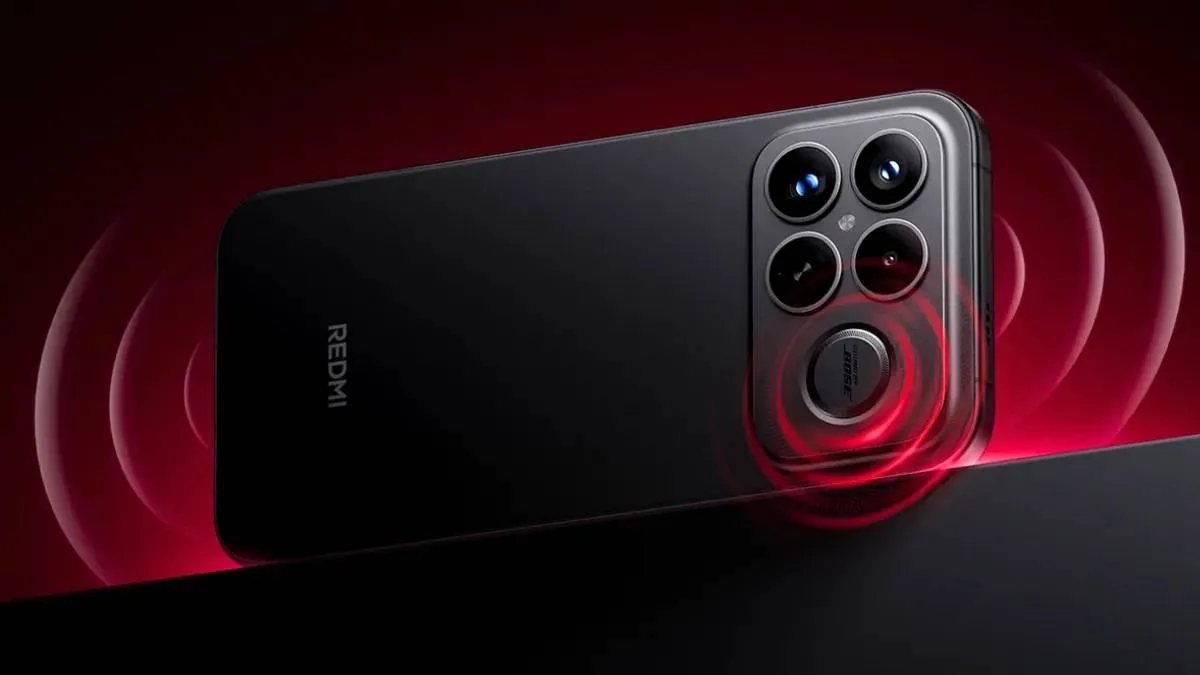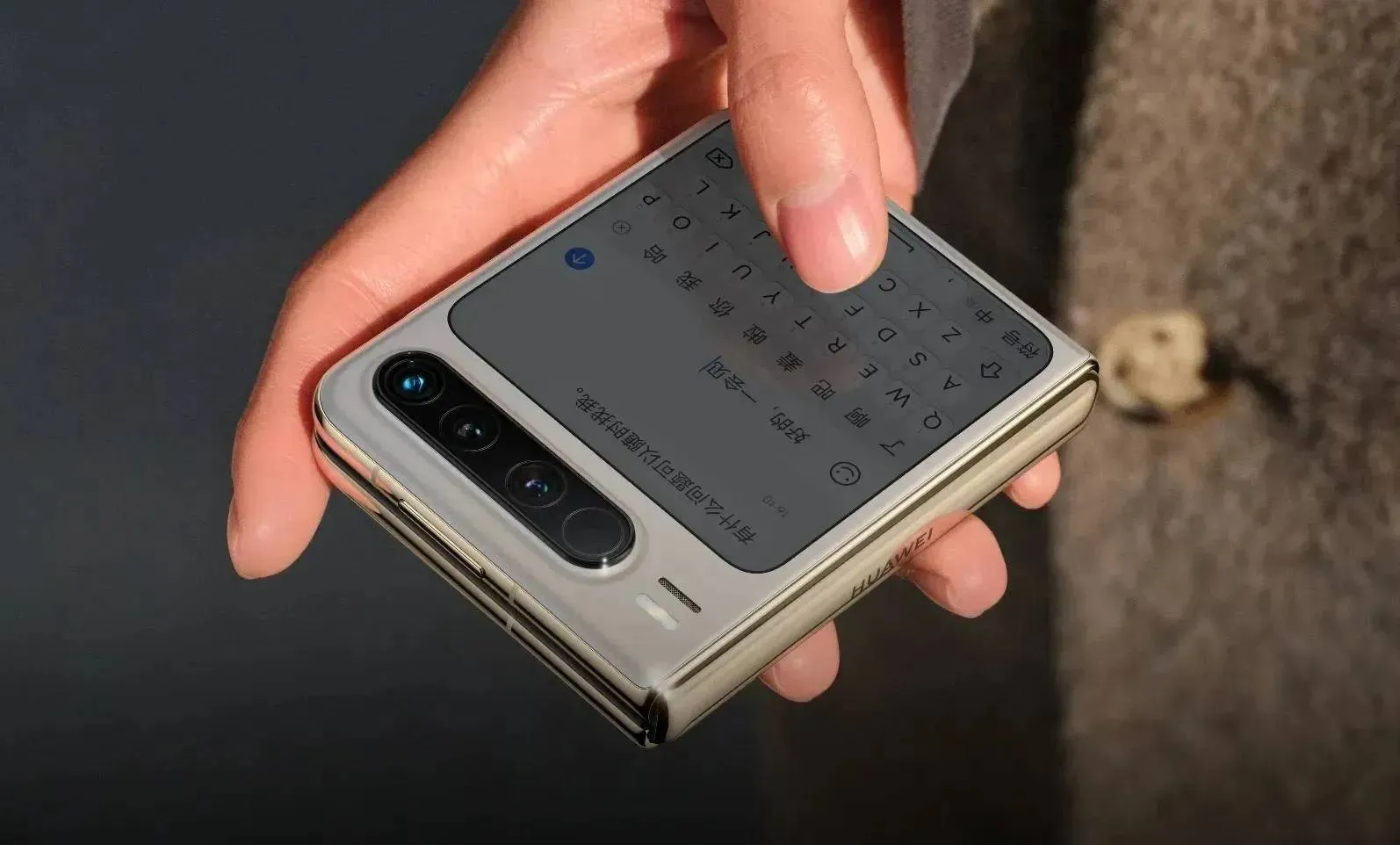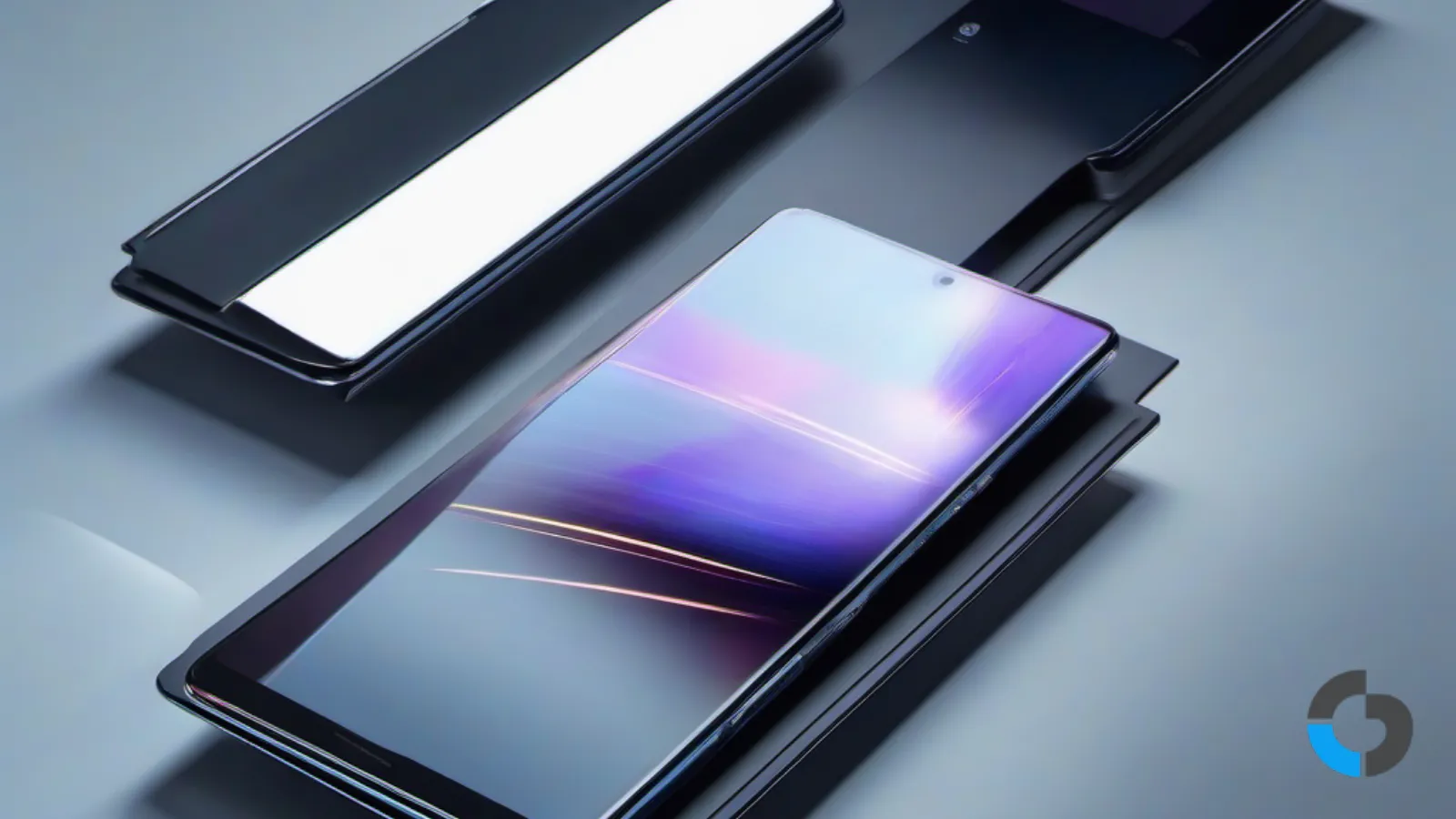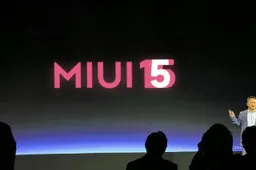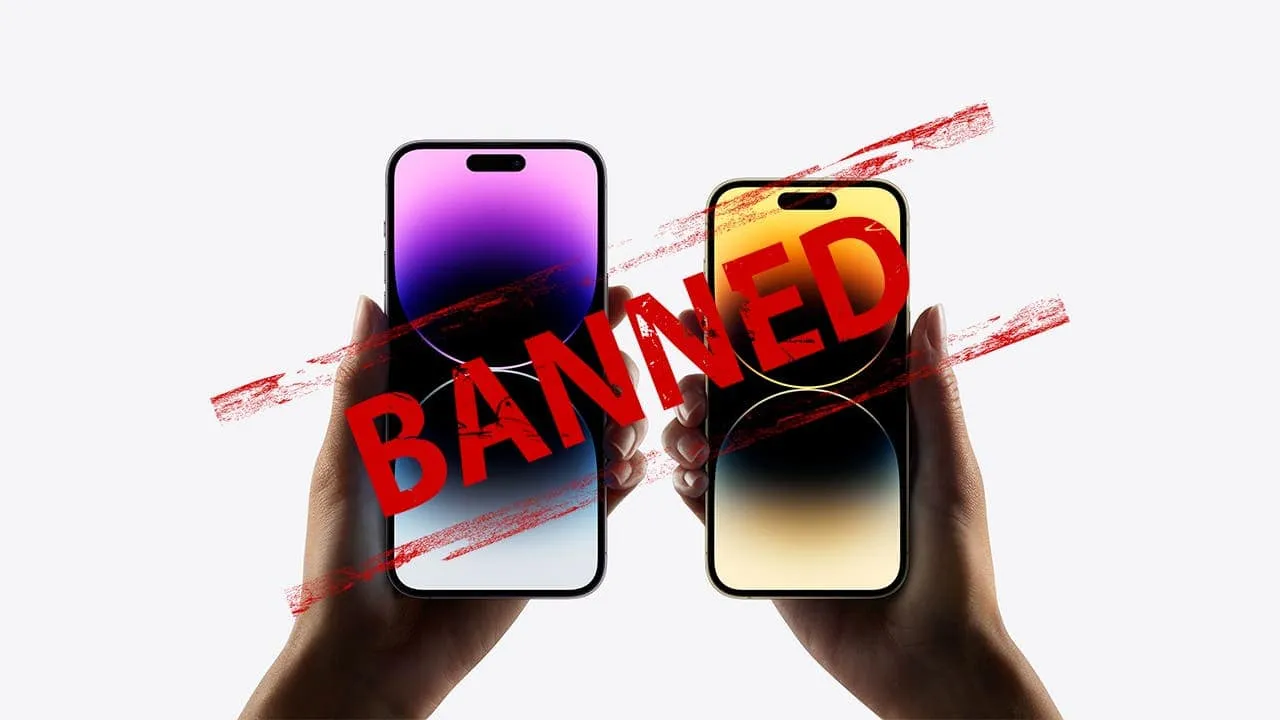
Chinese government officials who are currently stationed at the central government agencies can only use Chinese smartphones. This restriction limits all the smartphones of foreign brands, including Apple iPhones. And for those unaware, Apple's market share in China was 22% in last year's final quarter.
In other words, Apple iPhones are quite popular in the Chinese region. Now, even though the ban applies to all foreign smartphones, the focus is particularly on Apple devices. And there’s a good reason behind it.
The tension between China and the U.S. has been continuously growing in the past few months. China is reportedly planning to reduce its reliance on foreign technology as much as it can. And if you're wondering why, it’s mostly for increasing security and preventing leaks of sensitive data.
More About Apple iPhones Ban in China
According to the ban, government officials in China can no longer use an iPhone for group chats and meetings. And the most important part is that the officials can’t even carry an Apple device while at work. However, the officials are not limited to using Apple iPhones when they are outside of their workplace or when they are at home.
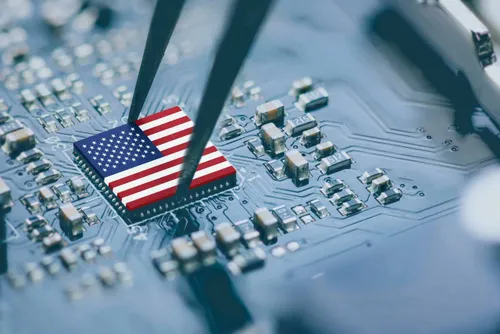
While the ban might not seem that severe, it has stuck Apple negatively. While the Apple iPhone had a market share of 22% in China in last year's fourth quarter, the shares went down by 3.6 percent after the ban. And for a company that had about a fifth of the market share in such a large market, this isn’t good news.
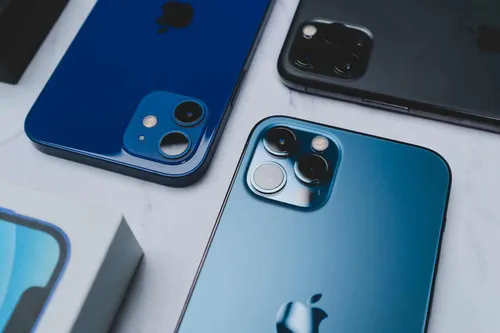
This ban on Apple iPhones further solidifies the tension that’s currently between China and the U.S. And even though China has been blowing punches at the U.S., the U.S. has not been pulling back on any of them. The trade sanctions placed on the Chinese brands Huawei and ZTE are still on.
Also, the U.S. is advancing its efforts to ban TikTok, owned by ByteDance Zhang Yiming, at the local, state, and federal levels. Other U.S. firms are also a part of this tension between China and the U.S. For example, AMD and NVIDIA have stated that AI chips aren’t allowed to be sold in China. You can read more about the feud between the U.S. and China in this detailed report by the NYTimes.
Loading


